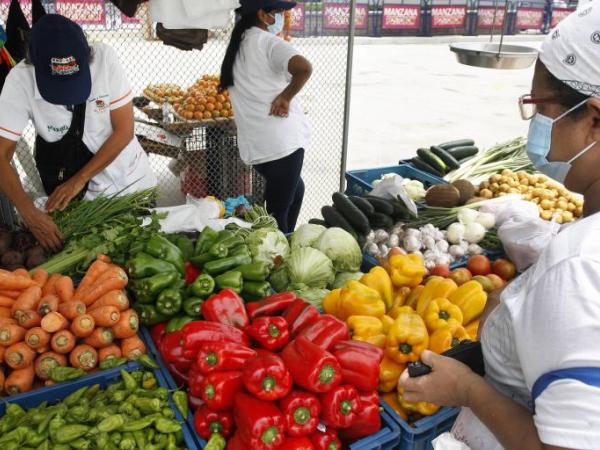A report carried out by the Judicial Observatory analyzed the statistics corresponding to the terms of cases for drug trafficking crimes for the period 2004-2021. The study shows that during those years, 45.7% of the cases ended in conviction.
In any case, from the agency they point out that “when looking at the terms from a temporal perspective”, a “worrying phenomenon” appears, where during the last 10 years, the number of cases that end with a conviction went from 57% to 34% , while the provisional file increased from 23% to 44%.
Observing the figures in more detail, the study establishes that “the system manages to process the crimes, since the number is greater than the number of admissions.” Which translates into “whatever the type of term, at least the system is not accumulating unprosecuted cases for drug trafficking crimes.”
45.7% of the convictions and 29.5% of the provisional files, represent 75% of the terms for drug trafficking crimes in the last 17 years. On the other hand, the study of the Judicial Observatory analyzes the temporal evolution of the terms for convictions and provisional file.
“In the last decade, the percentage of convictions has fallen 23 points, from 57% to 34%, and the percentage of provisional files has increased by 21 points, from 23% to 44%. Along the same lines, the study indicates that “independent of the point reference, the trend is clear: the number of cases for drug trafficking crimes is increasing, but prosecutors have less and less evidence to pursue the accused and achieve a conviction.
Detailed, this means that, despite the fact that there has been an increase in crimes of this type, this has not been reflected in the number of trials.
“If we analyze the evolution of the convictions in relation to the terms in general, the number of provisional files and the number of oral trials, it is observed that, since 2013, there has been a sustained increase in the terms of cases for crimes of drug trafficking, but a relative stabilization in convictions and in the number of oral trials. That is to say, drug trafficking crimes increase, but the Public Ministry does not manage to increase the number of oral trials, nor of convictions. Correlatively, they increase the number of provisional files,” the report states.
According to the agency in the study, the percentage decrease in convictions is explained by the fact that the drug trafficking industry resorts to increasingly sophisticated methods for micro-trafficking, which makes it impossible to identify the accused. Even more so taking into account that 55% of the cases for drug trafficking that enter the Prosecutor’s Office are for micro-trafficking.
For the Observatory it is “a fact that the Public Ministry in its punitive effectiveness has declined over time.” For the same reason, they suggest that these causes should be analyzed with caution.
“Before thinking of solutions, the first thing is to be clear about the causes that explain the progressive decrease in convicted persons and the corresponding increase in provisional files. In this sense, the main objective of the report is to show the phenomenon so that the Public Ministry can clarify before the citizens the possible problems that it is having in the criminal prosecution of drug trafficking”, they conclude.








